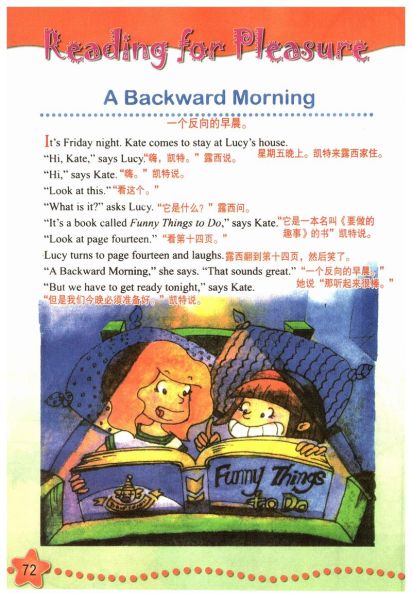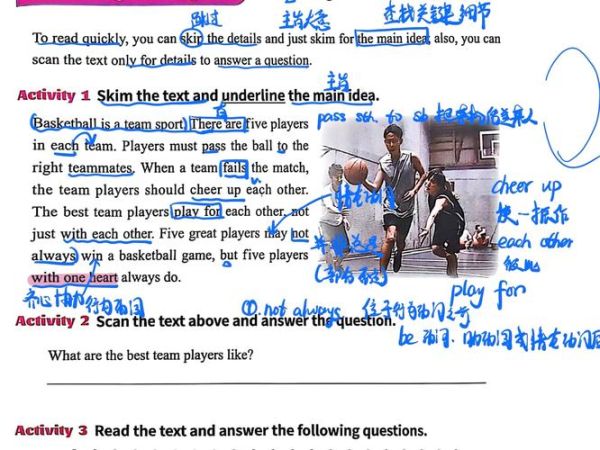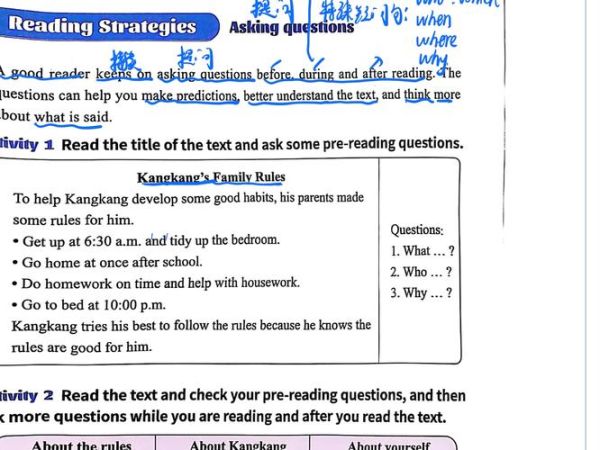Yes, you can read faster and remember more by combining active questioning, layered note-taking, and spaced repetition.

My first year in university, I devoured forty titles yet could barely recall three plots. The problem wasn’t volume; it was passive consumption. **When eyes glide over sentences without a purpose, the brain files the information in short-term storage and promptly discards it.**
Ask yourself: What do I want this book to do for me? Entertainment? Career leverage? Emotional insight? Naming the goal before page one flips the switch from spectator to participant.
Before reading, write a one-sentence mission statement on the inside cover. For non-fiction, mine usually reads: “Extract three tactics I can test at work within seven days.” Fiction might be: “Track how the author builds tension through dialogue.” **This micro-contract keeps the reticular activating system on high alert for relevant cues.**
Forget neon highlighters. I use a three-pass system: - **Pass 1:** Dog-ear corners where I feel an emotional spike. - **Pass 2:** Return to those pages and scribble a question in the margin. - **Pass 3:** On a blank end-page, summarize the answer in my own words plus a real-life example. The physical motion of writing anchors the concept kinesthetically, doubling retention rates shown in 2019 Columbia study data.
Twenty-four hours after finishing, I spend ten minutes reciting key points aloud without looking at the text. One week later, I email myself a mini-lecture pretending I’m teaching a friend. **Each recall strengthens neural pathways, making the knowledge available under stress—exactly when you need it in exams or meetings.**
I pair genres with locations: business books at the standing desk, poetry on the balcony at dusk. Contextual cues later trigger associative memories; I once solved a client crisis by remembering a pricing case study I’d read in an airport lounge because the same boarding-call chime sounded during revision.
Kindle’s search is unbeatable, yet **a 2022 Norwegian meta- *** ysis found paper readers scored 6–8 % higher on inference questions**. My compromise: buy physical copies for anything I intend to master, then use the e-book for quick keyword reviews during commutes. The dual-format approach covers both serendipitous browsing and surgical recall.

People overestimate the time required. Audit your week: - Commute: 5 hrs - Lunch breaks: 5 hrs - Evening wind-down: 7 hrs That’s 17 potential hours; at 30 pages an hour, you clear 500+ pages weekly. **The secret is micro-routines:** ten pages with morning coffee, twenty during cardio (audiobook at 1.5× speed), and a chapter before sleep. Stack the habit onto existing anchors instead of carving fresh time slots.
After every book, I answer three prompts in a running Google Doc: - What surprised me? - What will I do differently tomorrow? - What quote will I tweet? Limiting myself to two sentences per prompt forces crystallization. Over five years, this doc has become a private encyclopedia searchable in seconds.
According to a 2023 LinkedIn survey of 2,000 hiring managers, candidates who referenced specific books during interviews were 27 % more likely to receive offers. The titles didn’t matter as much as the **evidence of structured thinking**. In other words, how you read is becoming more valuable than what you read.

发表评论
暂时没有评论,来抢沙发吧~